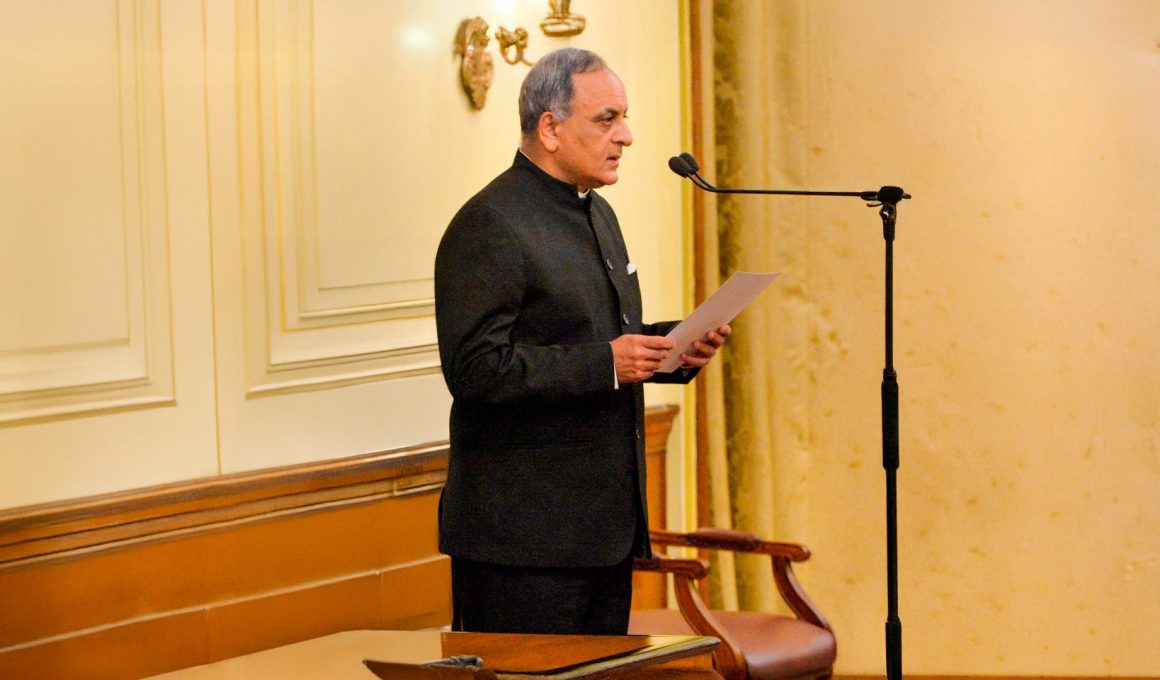Why This Matters Now
Regulatory scrutiny, geopolitical risk, real‑time crises, and public trust are no longer “government problems.” They sit squarely on the corporate agenda. Few leaders understand that convergence better than Bimal Julka, a 40‑year veteran of the Indian Administrative Service (IAS) whose career has spanned crisis relief, aviation restructuring, defence coordination, international finance, diplomacy, and national media strategy. “In boardrooms today I see the same complexities we grappled with in government—multiple stakeholders, imperfect information, and decisions that must stand public scrutiny,” Julka says. “Governance disciplines aren’t red tape; they’re resilience tools.”
1. Crisis Is the Truest Test of Leadership
Julka’s early career placed him at the epicenter of one of history’s worst industrial disasters—the 1984 Bhopal Gas Tragedy. As Additional Collector charged with relief operations, he and local teams had to improvise systems for rapid aid distribution, data gathering, and citizen communication in conditions of extreme uncertainty.
2. Transformation Lives or Dies with People
While Director in India’s Ministry of Civil Aviation, Julka authored the Julka Committee Report to re‑structure the Air Traffic Control (ATC) cadre—a reform later studied in neighboring countries. The redesign succeeded because it prioritized skill mapping, morale, and inter‑agency coordination over org charts alone.
3. Perception Is a Strategic Asset, Not Just PR
As Secretary of the Ministry of Information & Broadcasting (I&B), Julka was responsible for collecting, validating, and disseminating government program information across India’s vast public and private media ecosystem—while managing issues ranging from wrongful reporting to conflict‑sensitive narratives. He also oversaw engagement with the national public broadcasters Doordarshan and All India Radio and worked with major industry associations such as CII, FICCI, and ASSOCHAM.
4. Geopolitical Fluency Is Now a Core Business Competency
During his tenure as Additional Secretary/Special Secretary & Financial Adviser in the Ministry of External Affairs, Julka supported bilateral infrastructure development—especially hydropower projects in Bhutan and Nepal—and participated in back‑channel work to maintain oil payment flows to Iran amid sanctions complexity.
These multi‑stakeholder negotiations required balancing domestic policy, international law, currency channels, and diplomatic sensitivity—capabilities that multinational corporations increasingly need as supply chains, data regimes, and ESG standards cross borders.
5. Institutional Memory Compounds Like Capital
One distinguishing feature of the civil service is disciplined documentation—files, precedents, and archival continuity that enable policy evolution across administrations. Julka’s four decades across Defence, Finance, External Affairs, and Information & Broadcasting illustrate the long‑arc value of recorded decisions and structured knowledge transfer.
Bringing It Together: A Governance Playbook for Growth
Across crises, restructuring, media strategy, and geopolitics, a single theme runs through Julka’s career: systems and integrity scale impact. For corporate boards facing heightened scrutiny and global complexity, public‑sector discipline offers a ready reservoir of methods—documentation, stakeholder mapping, escalation matrices, and accountability frameworks—that improve decision velocity and trust durability.
For ambitious companies, the next competitive edge may be hiding in plain sight: the playbook of public administration. Julka’s career is a reminder that governance rigor—done well—unlocks scale, credibility, and durability in equal measure.








